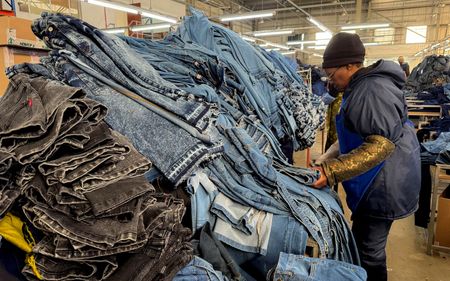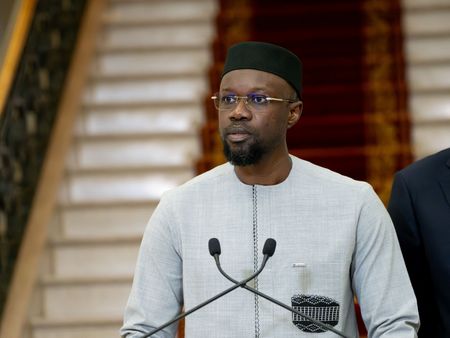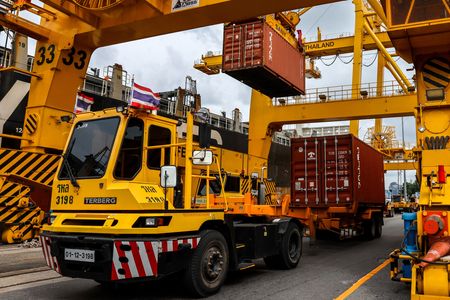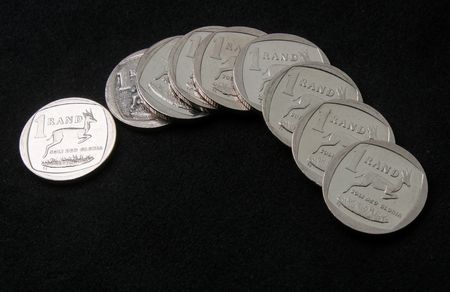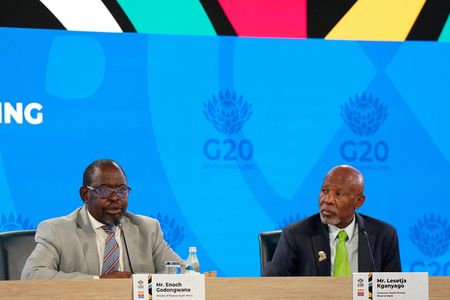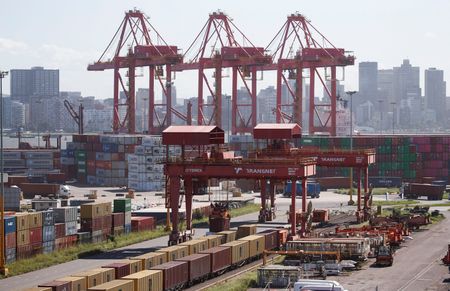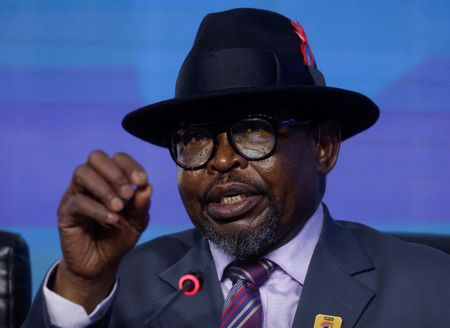By Nellie Peyton
JOHANNESBURG (Reuters) -Lesotho’s modified tariff rate of 15% may still not be enough to save its textiles industry, its trade minister said on Friday, a day after U.S. President Donald Trump lowered it from a devastating 50% rate he had threatened to implement earlier.
In an executive order, Trump modified reciprocal tariff rates for dozens of countries, including Lesotho, which had been under threat of a 50% rate since April, the highest of any U.S. trading partner.
“It’s a mixed feeling,” Lesotho Trade Minister Mokhethi Shelile told Reuters by telephone. “The sad part is that it is still not good enough … this will lead to job losses.”
Lesotho’s textiles sector is its leading export industry, and it was heavily dependent upon the Africa Growth and Opportunities Act (AGOA), a U.S. trade initiative that offers qualifying African nations duty-free access to the U.S. market.
On the back of that preferential tariff, textiles were the tiny mountain kingdom’s biggest private employer, with some 40,000 jobs and accounted for roughly 90% of manufacturing exports, according to Oxford Economics.
Under the tariff threat, many U.S. importers canceled orders of Lesotho-produced textiles, leading to mass layoffs.
Shelile indicated that the new tariff would be unlikely to reverse the carnage.
“Fifteen percent for the textile industry is as good as 50%, because there’s still no chance that our textiles will compete with Kenya or Eswatini, who have 10%,” he said.
“Those are our direct competition”.
The Trump administration has defended its tariffs, stating that Lesotho charged 99% tariffs on U.S. goods. Lesotho officials say they have no idea how the White House arrived at that figure.
After firing off a salvo of tariffs in April, the administration paused implementation to give countries time to negotiate.
Textiles factories have in recent months indicated they were searching for new markets. Shelile said his government would continue to engage with U.S. counterparts in hope of having the rate lowered.
(Reporting by Nellie Peyton, Writing by Tim Cocks, Editing by Alexandra Hudson)

